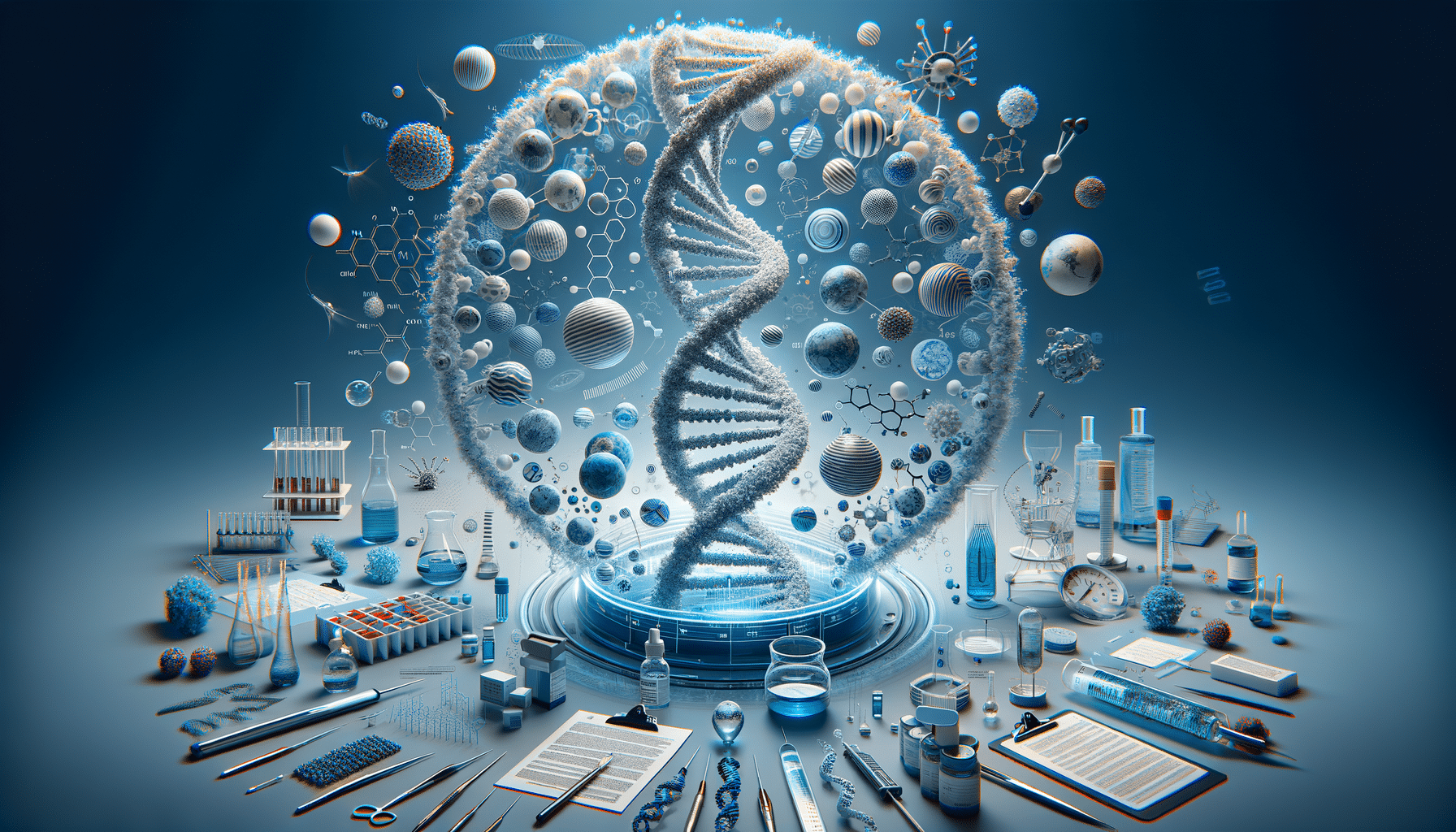
Get Clarity About Your Genetic Profile
Introduction to DNA Testing
In the modern era, DNA testing has become a pivotal tool for individuals seeking to uncover the mysteries of their genetic makeup. The ability to analyze one’s DNA offers profound insights into ancestry, health predispositions, and even personality traits. This surge in interest is driven by the desire for personalized health information and the exploration of one’s roots. DNA testing has transformed from a niche scientific endeavor into a mainstream phenomenon, accessible to anyone curious about their genetic profile.
DNA testing involves examining the unique genetic code that defines each individual. This process can reveal details about one’s lineage, potential health risks, and inherited traits. With advancements in technology, DNA testing has become more accurate, affordable, and user-friendly. As a result, it has opened new doors for personalized medicine, allowing individuals to make informed decisions about their health and lifestyle based on their genetic data.
Moreover, DNA testing is not just about health. It offers a glimpse into the past, connecting people with their ancestral heritage and helping them understand their family history. This multifaceted approach to understanding oneself has made DNA testing a valuable resource for millions worldwide.
The Process of DNA Testing
The process of DNA testing begins with the collection of a DNA sample, typically through a simple cheek swab or saliva sample. This non-invasive method makes it easy for individuals to provide their genetic material without the need for medical supervision. Once the sample is collected, it is sent to a laboratory where the DNA is extracted and analyzed.
In the laboratory, sophisticated technology is used to sequence the DNA, identifying specific genetic markers that provide information about the individual’s ancestry and health. This data is then compiled into a report that outlines the findings. The report may include information about genetic predispositions to certain health conditions, inherited traits, and ancestral origins.
One of the key advantages of DNA testing is its ability to provide personalized health insights. By understanding their genetic makeup, individuals can make proactive decisions about their health, such as adopting lifestyle changes or seeking medical advice for potential risks. This personalized approach to healthcare is revolutionizing the way people manage their well-being, offering a more tailored and effective strategy for maintaining health.
Applications of DNA Testing
DNA testing has a wide range of applications, extending beyond personal health and ancestry. In the field of medicine, DNA testing is used to identify genetic disorders and tailor treatments to an individual’s genetic profile. This personalized approach to medicine, known as pharmacogenomics, ensures that patients receive the most effective treatments with minimal side effects.
In addition to healthcare, DNA testing is utilized in forensic science to solve crimes and identify individuals. The unique nature of DNA makes it an invaluable tool in criminal investigations, providing evidence that can confirm or refute the involvement of suspects. This application of DNA testing has revolutionized the field of forensic science, leading to more accurate and reliable outcomes in the justice system.
Moreover, DNA testing plays a significant role in genealogical research, helping individuals trace their family history and connect with distant relatives. This aspect of DNA testing has gained popularity, as it allows people to explore their roots and understand their cultural heritage. By connecting with their past, individuals can gain a deeper appreciation for their identity and heritage.
Privacy and Ethical Considerations
As DNA testing becomes more prevalent, concerns about privacy and ethical considerations have emerged. The handling and storage of genetic data raise questions about who has access to this information and how it is used. To address these concerns, many DNA testing companies have implemented stringent privacy policies to protect their customers’ data.
One of the primary ethical considerations is informed consent. Individuals must be fully aware of how their genetic data will be used and have the option to opt-out of sharing their information with third parties. Transparency in the use of genetic data is crucial to maintaining trust and ensuring that individuals feel secure in exploring their genetic profile.
Additionally, ethical considerations extend to the potential misuse of genetic information. There is a need for regulations to prevent discrimination based on genetic data, such as in employment or insurance. Ensuring that genetic information is used responsibly and ethically is essential to safeguarding individuals’ rights and promoting the positive use of DNA testing.
Future of DNA Testing
The future of DNA testing holds exciting possibilities as technology continues to advance. With ongoing research and innovation, DNA testing is expected to become even more precise and comprehensive. This will enable individuals to gain deeper insights into their genetic makeup and make more informed decisions about their health and lifestyle.
One of the anticipated developments is the integration of DNA testing with other health monitoring technologies. This combination could provide a holistic view of an individual’s health, allowing for real-time adjustments to lifestyle and treatment plans. The potential for personalized medicine to improve health outcomes is immense, and DNA testing is at the forefront of this revolution.
Furthermore, as the cost of DNA testing decreases, it will become more accessible to a broader audience. This democratization of genetic information has the potential to empower individuals worldwide, providing them with the knowledge they need to take control of their health and well-being. As we look to the future, DNA testing will continue to play a pivotal role in shaping the landscape of personalized healthcare and ancestry exploration.


